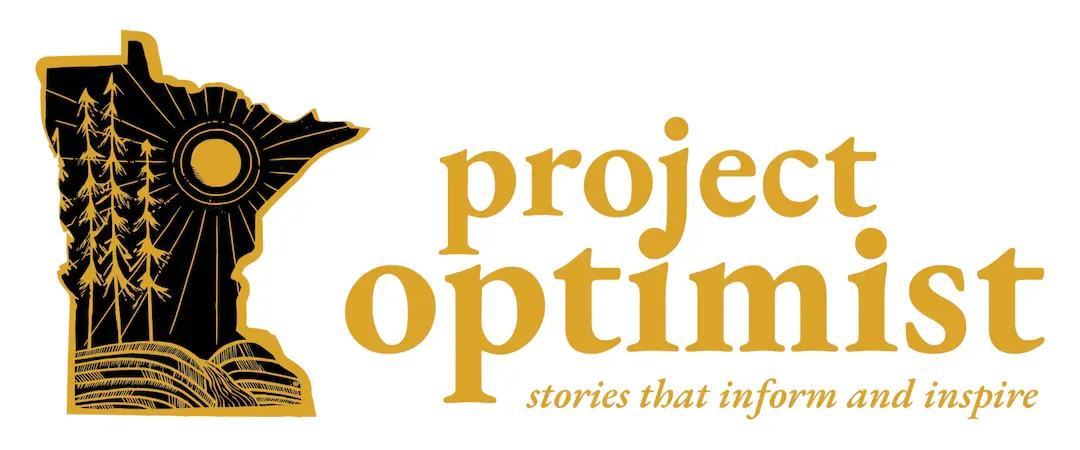A practice called reflective consultation is helping some frontline workers manage burnout. Here's how it works
The Ellison Center, a St. Cloud nonprofit, serves children and the professionals who care for them
The Ellison Center, a St. Cloud nonprofit, serves children and the professionals who care for them
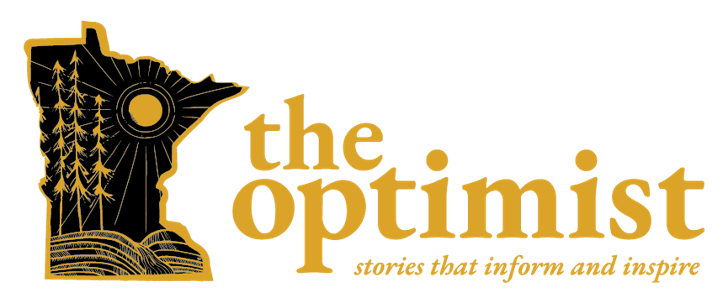
A program to take on a sliver of the burnout problem
Burnout stinks. It’s characterized by exhaustion, cynicism and a feeling of ineffectiveness. I’ve been there. And I’ve seen it in other people. Maybe you have too.
Healthcare watchers raised alarm bells about burnout before COVID-19. And the pandemic made it worse for healthcare workers and many others.
Burnout has pushed people to change professions, leaving much-needed fields like childcare and mental health hurting for staff. But there are many looking to understand and respond to the challenge of burnout.
I’ve got a story focused on a sliver of professionals with a tool to manage burnout. They're frontline workers who care for children. And I’m going to share one response to burnout in that population.
I’m using the solutions journalism model in this story, meaning I’m focused on the response to the problem and how it works, and I’m including some available evidence, insights and limitations.
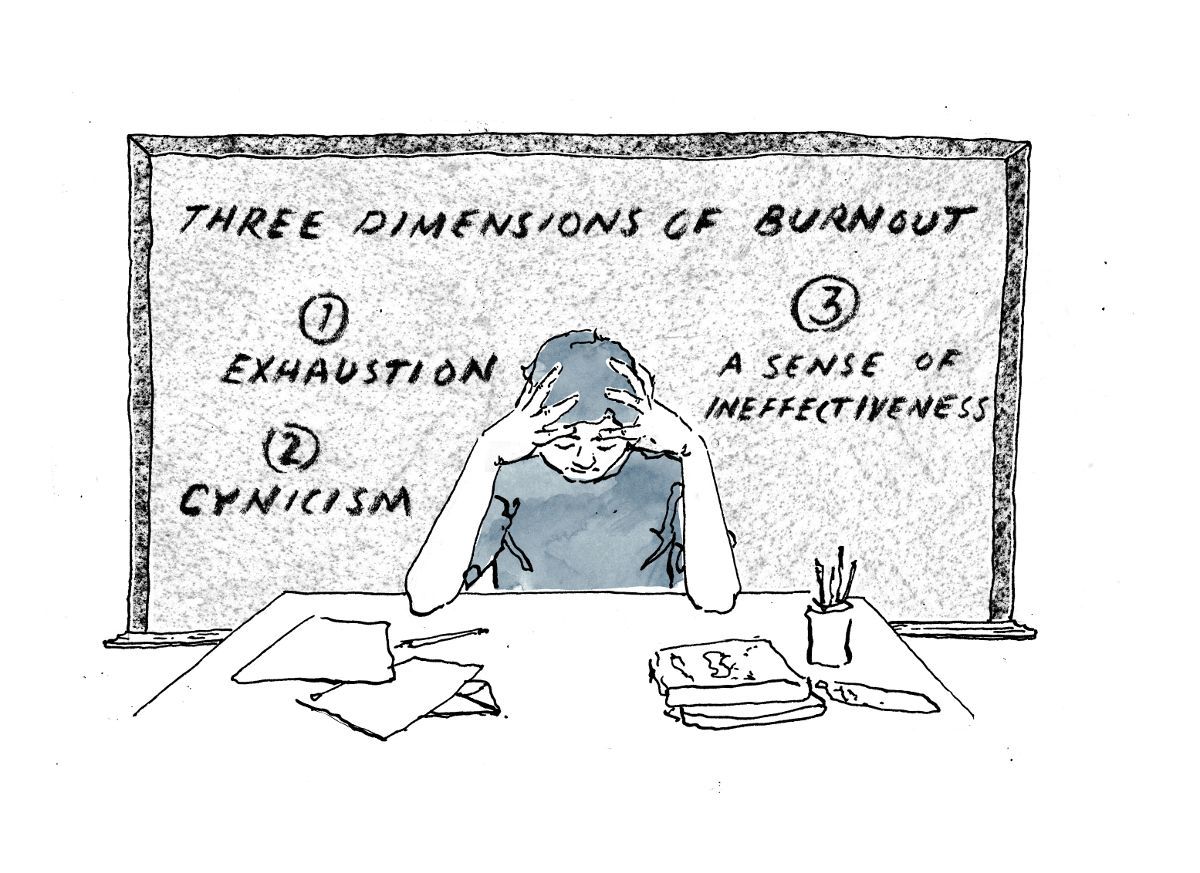
Burnout is a syndrome caused by work stress and includes three dimensions: exhaustion, cynicism and a sense of ineffectiveness, according to psychology researcher Christina Maslach. (Ginny McClure for The Optimist)
Care for the caregivers: Reflective consultation can help therapists serving children and families
By Nora Hertel for The Optimist
ST. CLOUD - Tracy Schreifels started her career as a pre-school teacher for Head Start - a federal program that supports vulnerable young children. Then she moved into mental health and experienced the crush of a big caseload that left little time for reflection.
"It was exhausting. People were burning out," Schreifels said.
Now she's executive director at the Ellison Center in St. Cloud, a nonprofit agency focused on early childhood mental health. Staff at the center provide therapy and support to young kids and families.
They also offer a service called reflective consultation, or reflective supervision, which supports the frontline workers who support children and families. Last year, Ellison Center staff provided reflective consultation to 150 professionals in public health, early care and education, mental health and child protection. Ellison Center staff are on the receiving end of reflective consultation too.
It's different than talk therapy, Schreifels said. In reflective consultation, providers identify some of the challenges they face at work and determine how to move forward in the work despite those challenges.
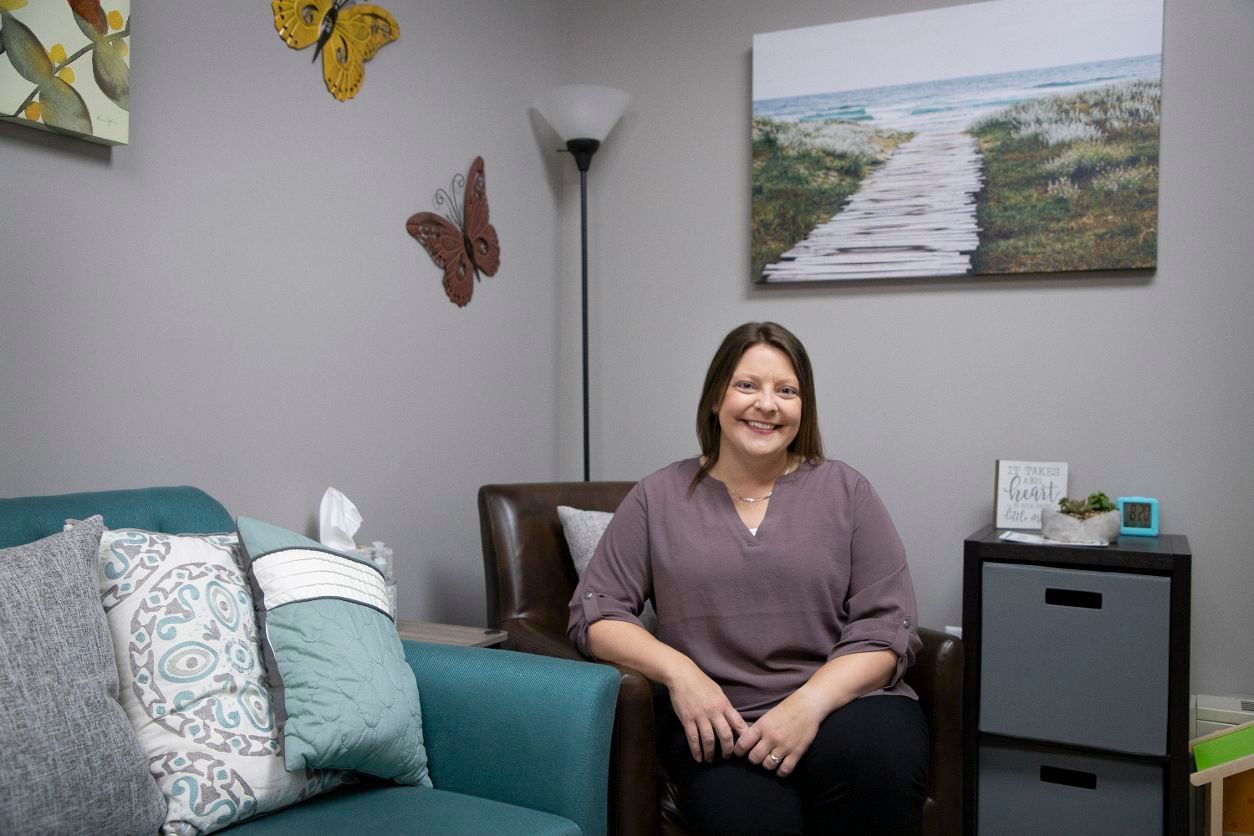
Ellison Center Executive Director Tracy Schreifels poses for a photo in her St. Cloud office on Wednesday, Oct. 12, 2022. (Colleen Harrison for The Optimist)
Burnout is an occupational phenomenon not a medical condition, according to the World Health Organization. The WHO definition of burnout reflects the work of psychology researchers Christine Maslach and Michael Leiter:
"Burnout is a psychological syndrome emerging as a prolonged response to chronic interpersonal stressors on the job. The three key dimensions of this response are an overwhelming exhaustion, feelings of cynicism and detachment from the job, and a sense of ineffectiveness and lack of accomplishment. The significance of this three‐dimensional model is that it clearly places the individual stress experience within a social context and involves the person's conception of both self and others." - Maslach and Leiter
An April 2021 Kaiser Family Foundation/Washington Post survey of frontline healthcare workers reported that 55% felt "burned out." On the positive side, 76% reported feeling "hopeful" when going to work.
Caring for children as a therapist, social worker, teacher or in any other capacity requires emotional energy. Think about how it feels to hear a crying baby that no one is tending to.
"We're biologically wired to be emotionally aroused by the needs of young children," Schreifels said.
Story continues after promotion.
Promotion from The Optimist

🤓 Sign up for the newsletter!
Did someone forward you this newsletter? Did you happen upon it online? Don't miss future issues. Next we'll explore strategies to take on burnout.
Join The Optimist's mailing list!
How does it work? What does it do?
People who provide reflective consultation report decreases in burnout and turnover as well as improvements in work skills and self-efficacy, according to an e-book on the practice from the University of Minnesota Center for Early Education and Development's Reflective Practice Center.
To be considered "reflective" the consultations need to be regular, collaborative and involve stepping back to sort through feelings and thoughts, according to the e-book. The sessions give providers a place for stress release, reframing (including unpacking biases), refocusing on where providers can make an impact. And they help providers become more responsive to families' needs rather than their own agendas.
There's research underway to explore reflective consultation as a tool to challenge and interrogate bias, Schreifels said. It's suited to that, because the process is open and non-judgmental. It encourages providers to examine their assumptions, be curious and ask "according to whom," Schreifels said. "How do I know that my way is the right way?"
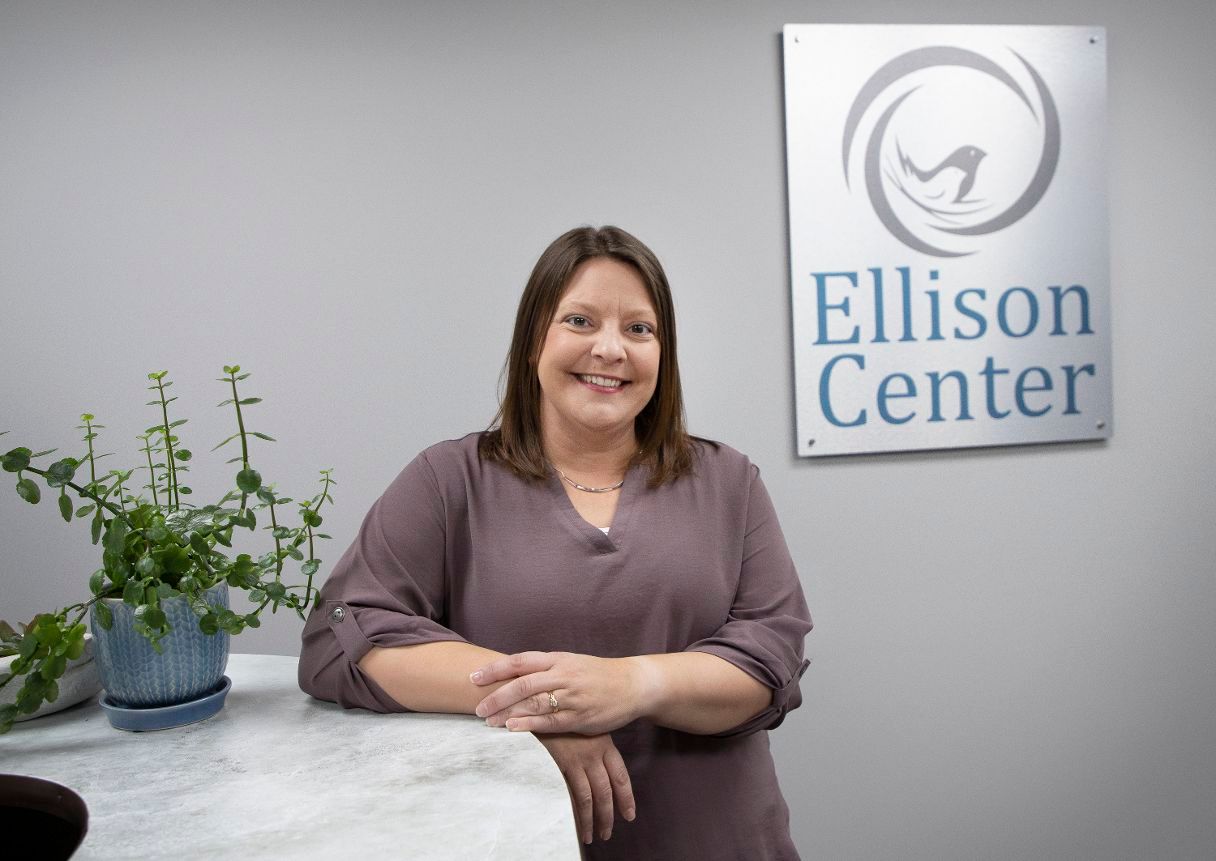
Tracy Schreifels is an infant mental health specialist providing mental health consultation to Head Start and other early childhood programs in Minnesota. (Colleen Harrison for The Optimist)
There is growing evidence to support reflective consultation, but there's a need to document how it affects children and families. It's promoted by infant mental health associations in the majority of U.S. states. But there are limitations to quick expansion - it requires time, money and buy-in.
The Ellison Center plans to expand from six clinicians to 12 with half trained to provide reflective consultation. But there aren't enough providers to serve everyone who could benefit.
Schreifels is looking to offer reflective consultation to child care providers, public health nurses, child protection workers, people in leadership roles in the field, even clergy and first responders.
Story continues below the promotion.
Promotion from The Optimist
Support The Optimist and get some fab swag
Grab a sticker, T-shirt, notebook and more with The Optimist's hand-carved logo! All profits help fund solutions journalism & local art.

When reflective consultation meets self-care
Rebecca Schroeder is a licensed psychologist in Sartell, just north of St. Cloud, where she provides assessments and therapy to young people with autism spectrum disorder.
She has worked with adults too, but now she serves children and adolescents.
"The complexity is kids don't come as a single person. They're in the context of their family," Schroeder said.
She has seen burnout increase in her profession during the pandemic in part because the percent of patients in crisis increased. The stressors that strained clients also impacted providers - financial strains, health concerns and having children at home when schools closed.
"I think people are leaving the field. People are questioning if they want to leave the field. Questioning if it's sustainable," Schroeder said.
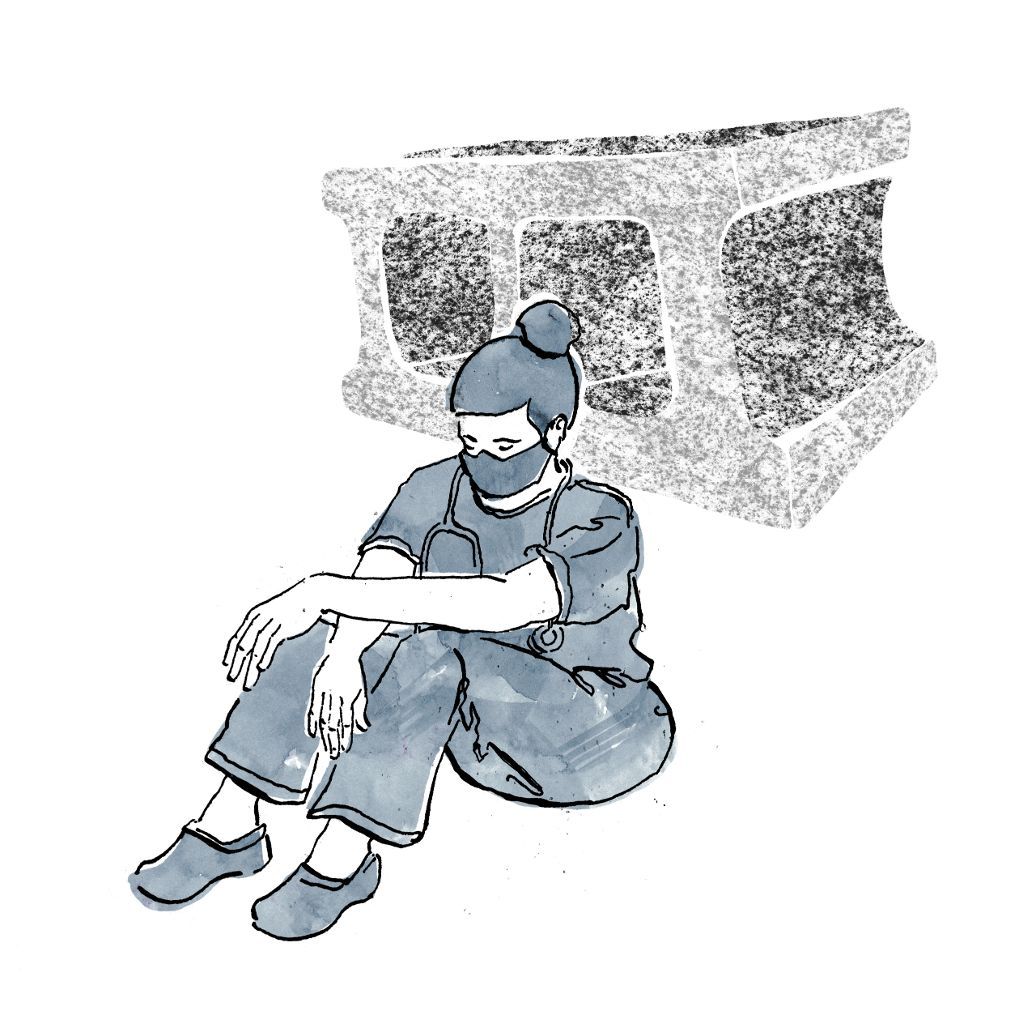
A nurse feels the burden of burnout. (Ginny McClure for The Optimist)
Schroeder doesn't participate in one-on-one reflective consultation, but she is in a consultation group with her colleagues. It allows them to check in, check their boundaries and review what they can help and what they can't help, Schroeder said.
She doesn't hear many in the field speak directly about reflective consultation. She does hear a lot of talk about self-care, including specific practices like making time for family, exercising and eating well.
Self-care and reflective consultation pair well together. A January 2022 study reported in the "Infant Mental Health Journal" found that people who received reflective consultation were more likely to practice self-care despite COVID stressors, and they internalized less than providers who didn't participate in reflective consultation.
The Ellison Center's Schreifels says self-care and reflective consultation together help providers slow down and maintain the capacity to manage challenges at work.
Self-care doesn't necessarily refer to a big thing like a professional massage or a weekend away, Schreifels said. It could mean taking 30 seconds to appreciate a gesture of kindness.
It is, she said, "building a life you don't have to escape from."
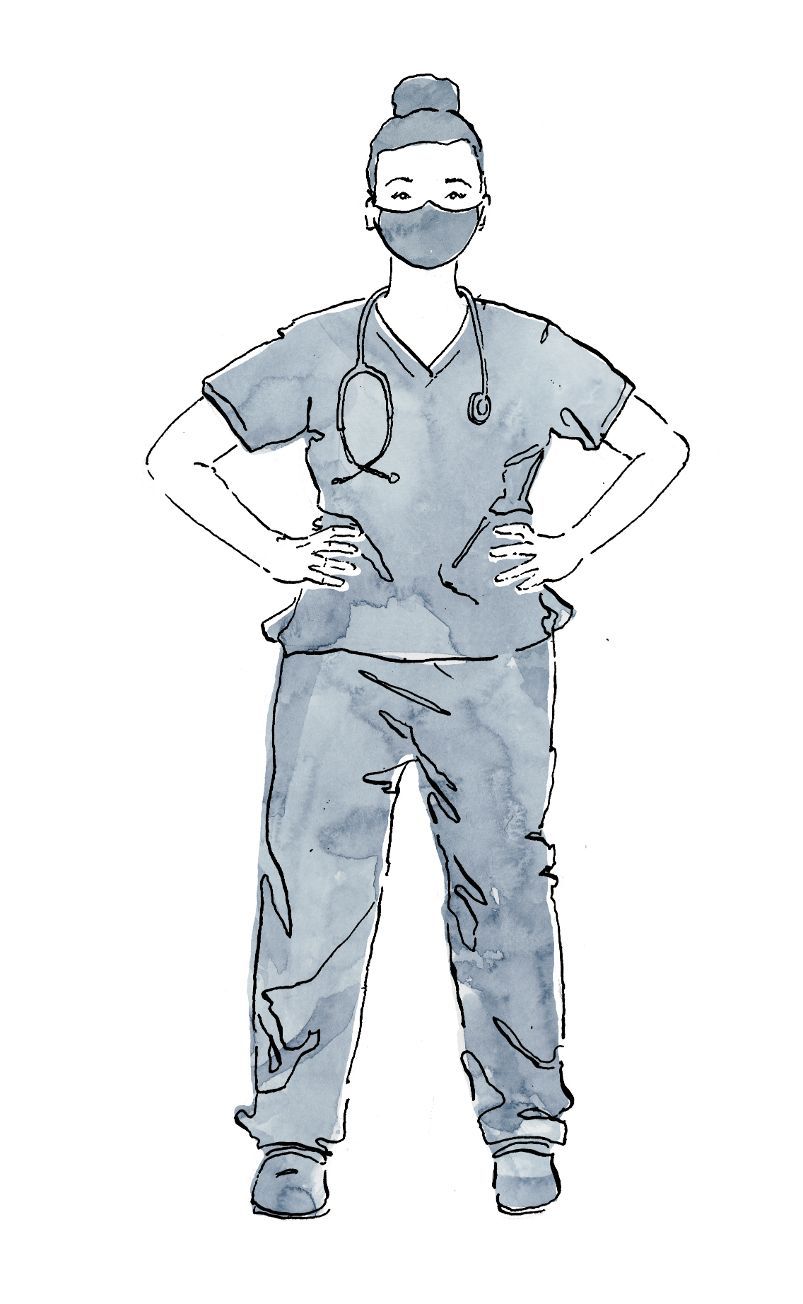
Illustration of a resilient nurse who's able to fend off burnout. (Ginny McClure for The Optimist)
Final thoughts
This newsletter is coming to you later in the day today, as I'm still playing catchup after my household got hit with COVID and hand, foot and mouth disease a few weeks ago. Apologies to anyone waiting expectantly at 7 a.m. today.
To the new subscribers out there (and I know there are a few) you can expect a newsletter each Wednesday morning, with a few exceptions on timing. You can peruse past issues through our archive. We've been featuring interesting solutions and local artists.
Visit the archive!Finally, for the folks who like to know the story behind the story, here's how this article evolved. I started researching burnout in the spring, but I struggled to find a good response to the problem. Many people could speak to the challenges, but few were highlighting solutions.
Jonathan Malesic has a few interesting proposals in his book "The End of Burnout," such as: make time for a deep contemplative practice or implement universal basic income programs. I didn't think those proposals were well suited to a short article, so I kept looking.
In the summer I met an Ellison Center therapist through a fundraising training program. I learned about all the services there, including reflective consultation. And I couldn't stop thinking about it. I had to learn more! Thanks to all the folks there who explained the process and some of the research behind it.
And thanks to the frontline workers who care for our littlest and most vulnerable community members.
♥ Nora, founder of The Optimist
Our mailing address:
P.O. Box 298
St. Michael, Minnesota 55376
Copyright © 2022 The Optimist, All rights reserved.

